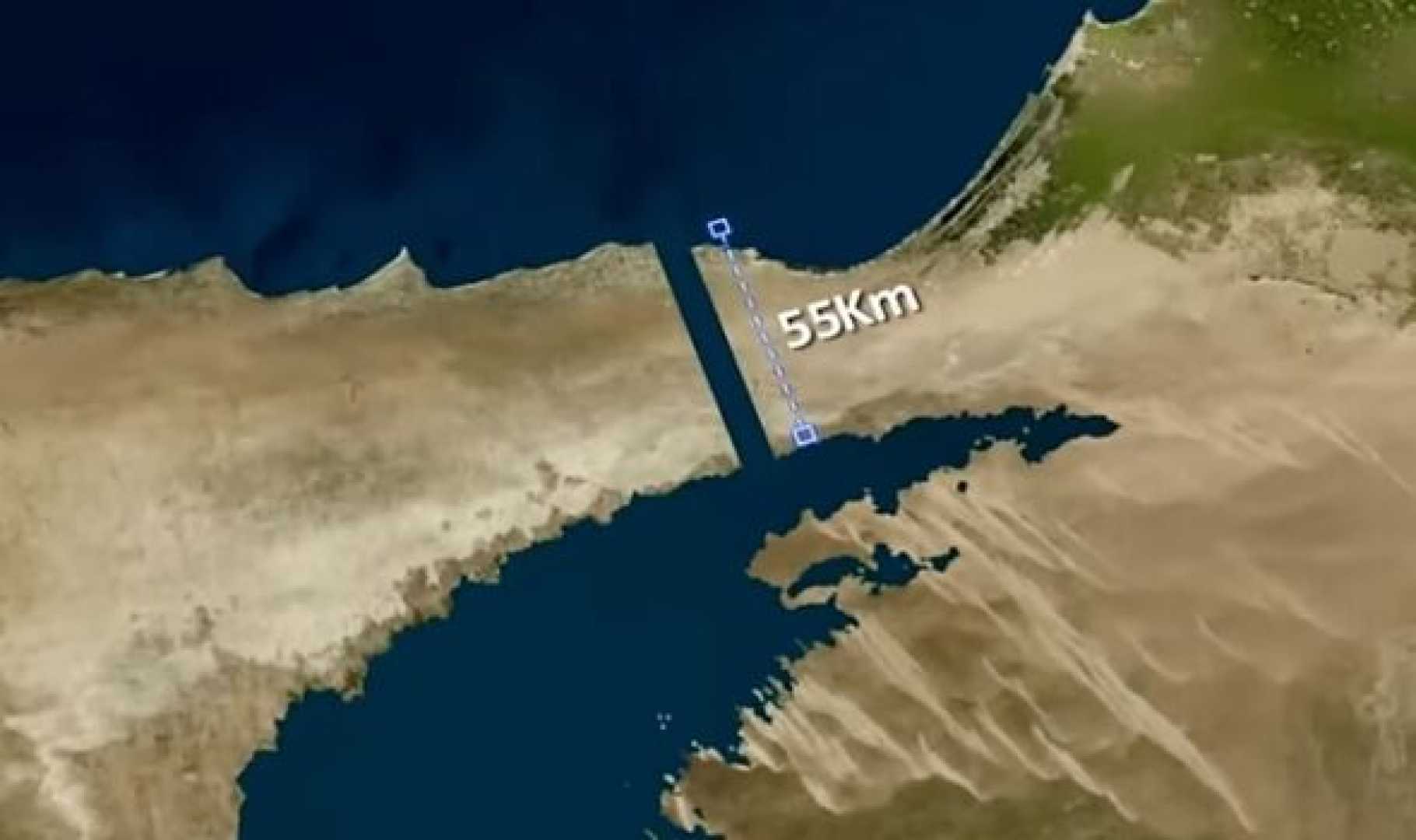News
Egypt Unveils Ambitious ‘Mini Suez Canal’ Project to Transform Desert Landscape

Egypt has announced a groundbreaking project aimed at transforming its desert landscape into a habitable area, reminiscent of the historical significance of the Suez Canal. The new initiative involves the construction of a 55 km canal, often referred to as the ‘mini Suez Canal’, which will channel water from the Mediterranean Sea into the heart of the desert, specifically the Qattara Depression. This ambitious project, costing more than $1.6 billion, is designed to address Egypt’s demographic challenges, where less than 4 percent of the land is habitable for its population of 113.5 million people.
The project aims to create a sprawling 20,000 square kilometre lake in the Qattara Depression, which will significantly increase humidity levels and rainfall in the surrounding areas. This transformation is expected to make previously arid lands arable, providing opportunities for agricultural development and the establishment of new settlements along the waterfront. Additionally, the constant influx of water will enable the generation of hydroelectric power, which is crucial for the economic sustainability of the project.
The implications of this project are profound, with potential benefits including increased agricultural productivity and the creation of a self-sustaining ecosystem. However, the project has also sparked concerns among experts and the public regarding its environmental impact and feasibility. While some applaud Egypt’s innovative approach to population and resource management, others question the viability and potential ecological consequences of such a massive undertaking.
This initiative comes as the Suez Canal, which connects the Red Sea to the Mediterranean, celebrates its 155th anniversary of operation. The Suez Canal, opened on November 17, 1869, remains one of the world’s busiest waterways, handling roughly 12 percent of global commerce and serving as a critical trade route between Europe and Asia.












